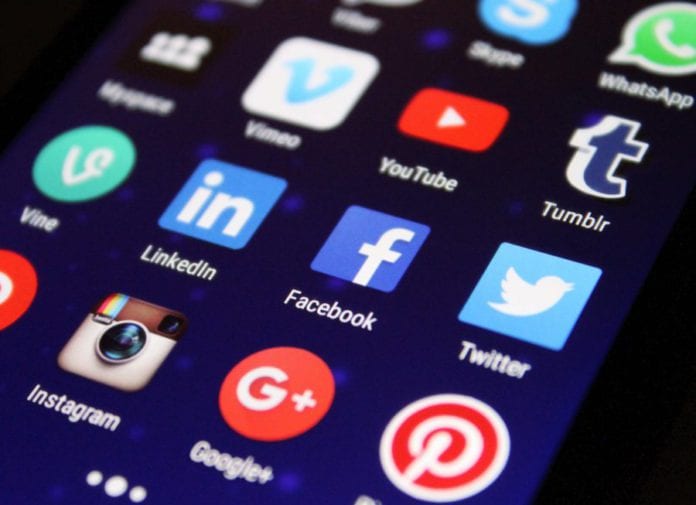People who are overloaded with social media content are more likely to share Covid-19 misinformation online an NUIG study has found.
The Covid-19 crisis has seen a massive explosion in misinformation about topics such as the dangers of the coronavirus, bogus cures, and national tales, much of which spreads through social media channels.
For example, one article claiming Sweden, where lockdown measures were not implemented, is experiencing low death rates has been shared over 20,000 times on Facebook.
The truth is that Sweden has a death toll of over 4,000, a much higher figure than the combined toll of Scandinavian neighbours Denmark and Norway, which have implemented stricter lockdown measures and have recorded fewer than 1,000 deaths between them.
This study found that as people get overloaded with social media content, their ability to critically assess information becomes impaired.
This leaves people trusting unverified information, and more likely to share it with others.
Co-author of the study, Dr Eoin Whelan from the School of Business at NUIG says that while misinformation is not a new problem, its “quantity and dissemination” has grown vastly with social media.
“We have already seen the impact misinformation spreading through social media can have in political elections.”
“Now, we are witnessing its harmful effects on public health in the midst of the Covid-19 pandemic.”
“Our study suggests when people become overloaded with social media content, they are not only more likely to believe unverified Covid-19 information, but will further contribute to the problem by spreading the misinformation onto others.”
The was based on 294 people who use social media on a daily basis, and was authored by Dr Whelan with Samuli Laato and Najmul Islam of the University of Turku, Finland.
The study also said that the companies behind these platforms can help to prevent the spread of misinformation by taking action.
“Social media companies have a significant role to play in curbing Covid-19 misinformation,” Dr Whelan said.
“WhatsApp has already introduced restrictions on the forwarding of messages containing COVID-19 related information, while Google directs people searching for Covid-19 related information to trusted websites.”
He suggested that these companies could restrict the amount of covid specific information people are exposed to, it could help with the issue.











